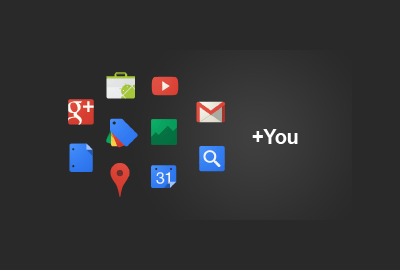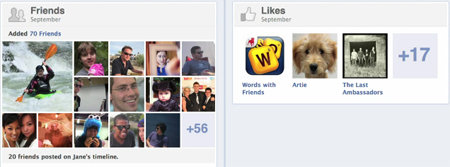This week on the Aaron Rand Show we discussed two interesting changes in our online world. First we have Google replacing the privacy policy used to manage the information we offer up to the company when we use their services and second, Facebook has announced that all of their users will have to adopt their new Timeline feature in the coming weeks, no choice about it. Here’s a quick summary of my reaction to both.
Google’s New Privacy Policy
A reminder that Google is no longer just a search engine, but now a multitude of services and products. Rather than have a privacy policy for each individual service, they’ve unified them under one umbrella policy.
The Good:
This forces their privacy policy to be minimal in nature and very simple to understand and monitor for changes. This is exactly what we as consumers want and have been demanding. Hopefully other tech giants will do the same.
Even the most rabid and paranoid of privacy groups cannot find any worrisome changes in the new documents. There’s no evidence that Google has tried to slip something through, they’re not collecting any new information about us or taking away any new control.
The Bad:
There’s suspicion that the change may allow Google to use the existing information they gather on us to create a more detailed profile to their advertisers so they can more accurately market to us. Google’s point, and it matches my thoughts, is that this is something they were already doing before.
Conclusion:
For now there’s no tangible reason to be worried about Google’s privacy changes.
Facebook Timeline
Up until now it’s been Your Story, Your Way, with new Facebook features and apps traditionally being offered as optional. So why the sudden strong-arm tactic for Timeline when it appears to be just an esthetic change?
The Good:
Timeline does not change your privacy settings or make your information any easier to find. It simply makes it easier to view a photo or comment in relation to others. You’ll have seven days to play with Timeline before it goes public, allowing you to delete, turn off, or change anything you don’t like.
The Bad
For many Facebook is merely a place to connect with friends and family. With Timeline it’s becoming your biography too, which may not be what you were looking for.
By organizing your content chronologically, Facebook can now more efficiently connect your profile to the services of it’s partners. Every album has a release date, every movie rental a due date, every deal a limited time offer. With new apps made for Timeline, Facebook will be in a better position to connect your calendar to those of companies wanting to sell you something.
This is the sinister reason why a company whose rhetoric has been one of giving you complete control has suddenly decided to force you into a change you didn’t ask for.
Conclusion:
Timeline suits Facebook’s needs more than those of users. You may want to take your seven days to lower your dependancy of the Social Network.






